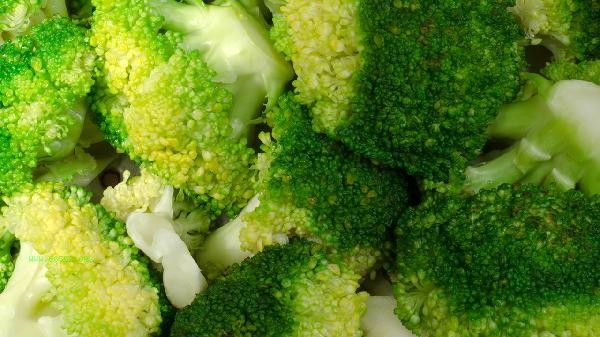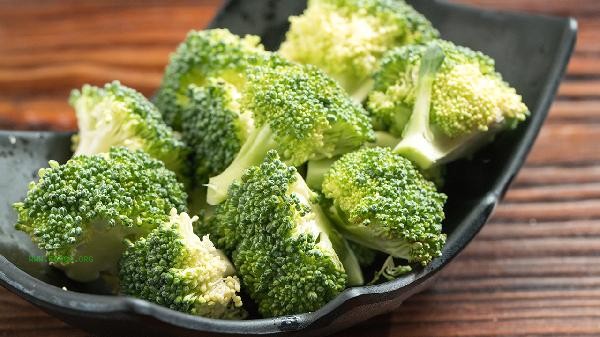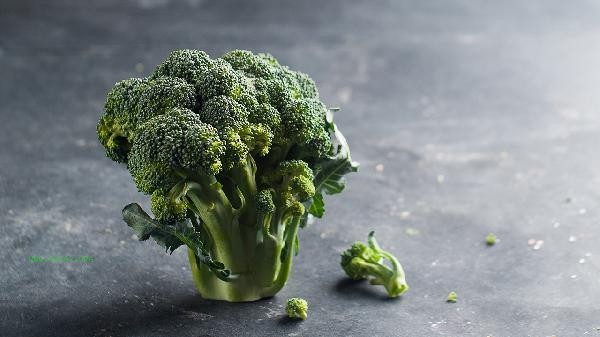Broccoli has the effects of supplementing high-quality protein, promoting muscle repair, and controlling body fat percentage for fitness enthusiasts. Broccoli is rich in nutrients such as vitamin C, dietary fiber, calcium, and potassium, which can help improve exercise performance and recovery efficiency.

1. Supplement high-quality protein
broccoli contains a high proportion of plant protein, about 3 grams of protein per 100 grams, and its amino acid composition is close to the human body's needs. Fitness enthusiasts who consume broccoli after strength training can complement animal protein and help with muscle fiber synthesis. The breakdown products of glucosinolates can activate the mTOR pathway and promote the secretion of muscle growth factors.
2. Promote muscle repair
Radish sulforaphane in broccoli has anti-inflammatory properties and can reduce muscle micro damage after high-intensity exercise. The involvement of vitamin K in the carboxylation process of osteocalcin is crucial for the coordinated recovery of skeletal muscle and bone. Magnesium can regulate the function of neuromuscular junctions and accelerate fatigue recovery after strength training.
3. Control body fat percentage
broccoli is low in calories and rich in dietary fiber, with only 34 calories per 100 grams, which can prolong satiety and slow down sugar absorption. Indole-3-methanol can regulate estrogen metabolism and reduce visceral fat accumulation. The high water content characteristic helps maintain hydration during exercise and promotes the elimination of metabolic waste.

4. Improving exercise performance
The vitamin C contained in broccoli serves as an antioxidant, which can eliminate free radicals generated during exercise and delay muscle fatigue. Potassium ions maintain electrolyte balance and prevent muscle spasms during strength training. B vitamins participate in energy metabolism and provide ATP support for high-intensity training.
5. Enhance immune protection
Fitness enthusiasts are prone to immune decline due to overtraining. Sulfides in broccoli can activate glutathione peroxidase and enhance the antioxidant defense system. After converting beta carotene into vitamin A, it can protect the respiratory mucosal barrier and reduce the risk of infection after training.

It is recommended that fitness enthusiasts consume 300-500 grams of broccoli per week and prioritize steaming or stir frying to preserve nutrients. Paired with animal protein such as chicken breast and eggs can increase bioavailability, and the effect is better when consumed within 30 minutes after exercise. Individuals with thyroid dysfunction should control their food intake, while those with gastrointestinal sensitivity should avoid consuming large amounts on an empty stomach. Continuously monitor individual tolerance to cruciferous vegetables and consult a nutritionist to adjust dietary plans if necessary.







Comments (0)
Leave a Comment
No comments yet
Be the first to share your thoughts!